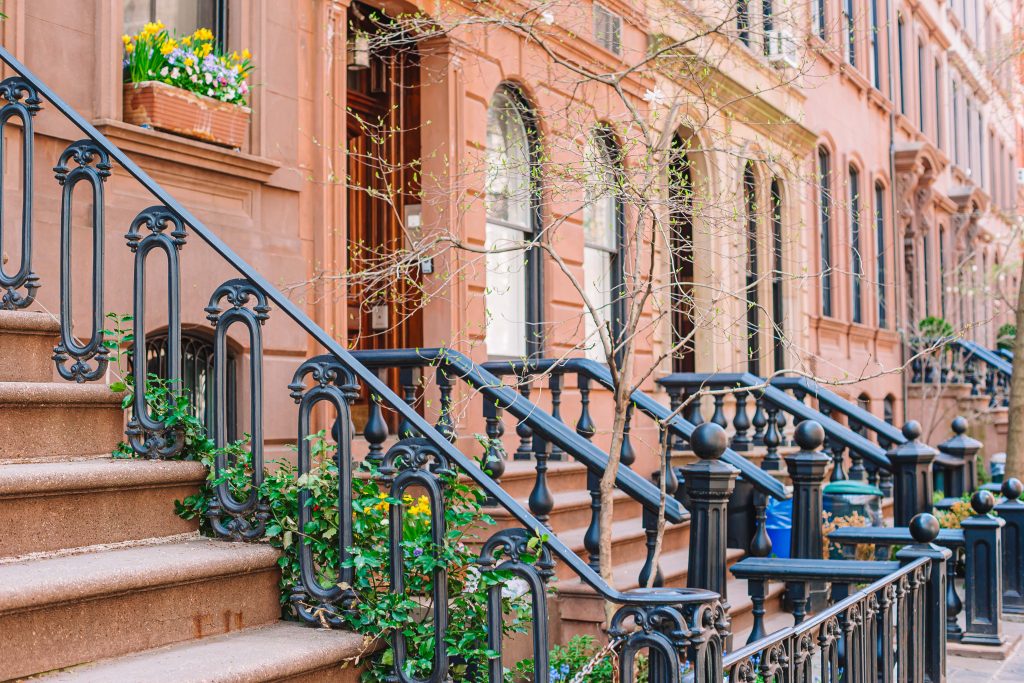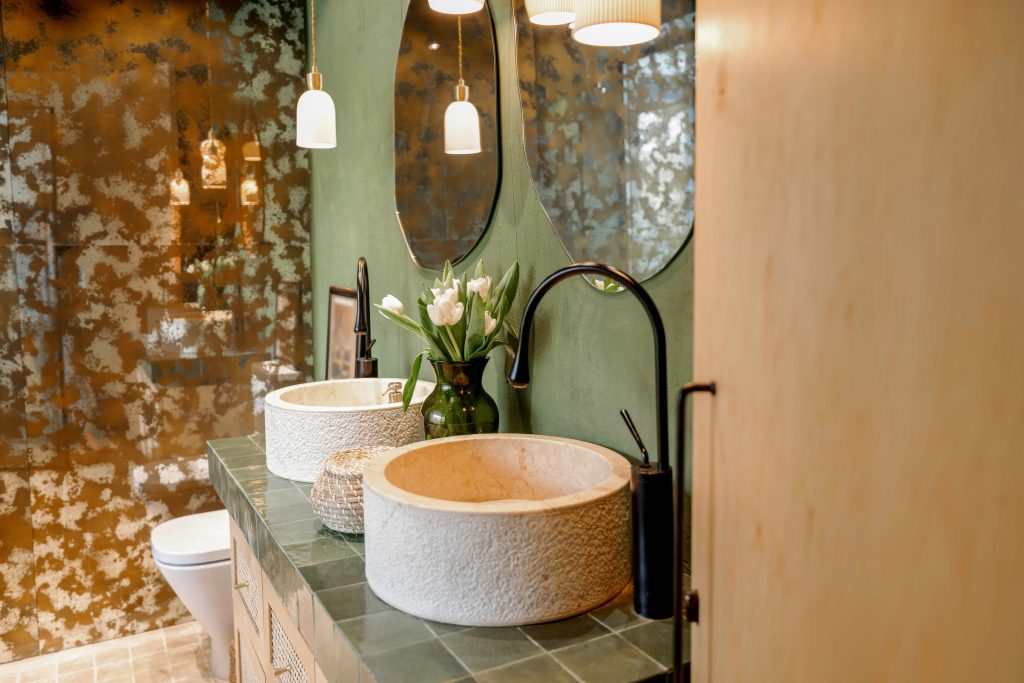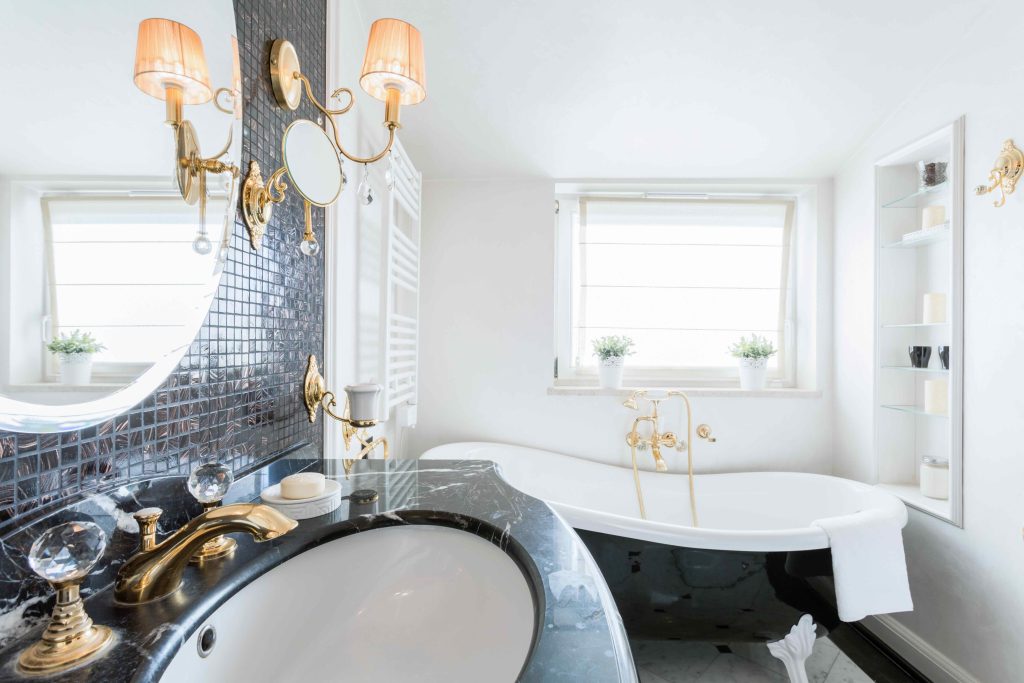Ready to renovate in Manhattan? You might be, but if you haven’t thought about permitting yet, you’ll be stuck in project purgatory. Get our guide to ensure everything runs smoothly.
What Are Permits, Zoning Requirements, and Building Codes? Are They the Same Thing?
Permits, building codes, and zoning requirements are all important to know before you start a project, but they all serve different purposes.
Building codes apply to the structure itself. For instance, codes may dictate specific fire safety standards that must be met, like fire escapes in a high-rise complex. You can find an exhaustive list of NYC building codes here.
Zoning requirements, on the other hand, apply to your location. These dictate how a building can be used. In New York City, zones are commercial, residential, and manufacturing, further divided into low, medium, and high. Zoning in NYC is also subjected to bulk or density requirements, which regulate how many units can be built in a specific radius. Manhattan is mostly high-density zoning, which means buildings can have a lot of floors relative to their footprint, thus housing more people.
Permits are essentially a green light that your project, whether it’s commercial or residential, meets all the requirements and codes enforced by your locality.
Do You Need a Permit for Your Manhattan, NYC Renovation?
Most projects will require a permit in Manhattan. While painting, tiling, or adding crown molding likely won’t require any red tape, most remodeling will. Even if the wall you want to knock down isn’t load-bearing, Manhattan still requires a permit. Here’s a list of what does and does not require a permit in Manhattan:
Tile floor installation: Surprisingly, this one doesn’t require a permit, although if you start work and discover the subfloor needs modifications, you will be required to get a permit for that work.
Basement renovations: If you are simply finishing your basement with paint, flooring, and decor you won’t need a permit. But if any plumbing, electrical, or structural work — anything that opens up a wall — is involved, you’ll need one.
Bathroom renovations: Bathroom renovations nearly always require permits in Manhattan. If you are rerouting plumbing, moving a fixture, or updating your layout, you will need a permit. Even installing a new vanity will require one!
Painting: Painting, interior and exterior, generally does not require a permit in Manhattan. Making changes to your facade or opening up interior walls will.
Kitchen remodeling: A kitchen remodel usually requires a permit in Manhattan. Making structural changes, installing new fixtures like cabinetry, adding electrical for outlets, or rerouting plumbing for a sink are all common things that need permitting.
Brownstone, apartment, or condo remodeling: You might be noticing a theme at this point: pretty much everything beyond a coat of paint needs a permit. Remodeling your entire residency is definitely a job that needs a permit in Manhattan.
Creating a fantasy room: If your fantasy room can be achieved without any structural changes, you may not need a permit. But it’s best to check with experts, like MTK contracting, to find out if your scope of work needs a permit.
Common Permits Types in Manhattan
There are three main types of permits for residential construction work in Manhattan. Those are:
New Building (NB)
This one is self-explanatory — the construction of a new building from the ground up! This is also the only permit that has feeds calculated on square footage rather than value. This type of permit is typically not required for renovations, as your building already exists.
Alteration-CO (Alt-CO)
This permit refers to alterations that change the use, occupancy, or egress of the building. For instance,a former bank converted into a living space — or a building modified in a way that the entrances, exits, and the flow of traffic throughout the building are changed.
Alteration (Alt)
This is the most typical permit for renovations — one that encompasses changes to the building or unit without any major changes to use, occupancy, or egress.
In addition to those permits, you may need other permits for plumbing, electrical work, asbestos abatement, and more. You can find a complete list of all permit types here. Beyond that, the land preservation committee may also require permits if you live in a historic district.
How Long Does It Take to Get a Building Permit in Manhattan, NY?
If your process runs smoothly, you can expect to get residential construction permits in 1-3 months. The timelines vary for permitting in Manhattan. In addition, the permitting process is complex. It helps to work with a professional contractor who understands exactly which permits you need and what’s required to get one.
How Much Do Building Permits in Manhattan, NYC Cost?
Permits are generally based on the dollar amount of work, so that will depend on the size and scope of your renovation! For a small bathroom project, it may be a few hundred dollars. For an entire brownstone renovation, it could be thousands.
How to Apply for building Permits in NYC:
To apply for a building permit in NYC, the first step is to file your application through a registered design professional file. This professional can be either a Professional Engineer (PE) or a Registered Architect (RA), and they can submit plans online through NYC’s new system called DOB NOW. The steps for this process include:
- Register all stakeholders for e-filing
- Login to initiate filing
- Upload construction plans and the required DPL-1 form
- Electronically sign the job filing and submit payment
- Preview your submission and sign a final time
- Submit and undergo review process
- After review, if any objections are issued, you’ll be able to make correction or attend an online meeting to resolve the issues
- Once approved, you’ll submit a permit request with signatures from all required stakeholders
- Permit request will be reviewed and stakeholders will be notified of any objections
- Upon successful review, the permit will be issued and available for printing through DOB NOW
Unless you are planning to take on the work yourself (and are a registered design professional), you’ll likely be working with a contractor who can manage and guide the permitting process for you, and file permits as needed for every kind of work you’ll have done. This means you don’t have to worry about the complexities of the process — permitting in Manhattan is complicated even for experienced professionals.
Ready to Remodel?
That’s why it’s so important to work with a partner you can trust — and one that’s experienced in your locality. MTK works only in very specific areas, Manhattan being one of them. This means we know exactly what the permit process is and how to be accurate and efficient. If you have permit questions or are thinking about a remodel and don’t know where to start, get in touch with us today for a free consultation.



